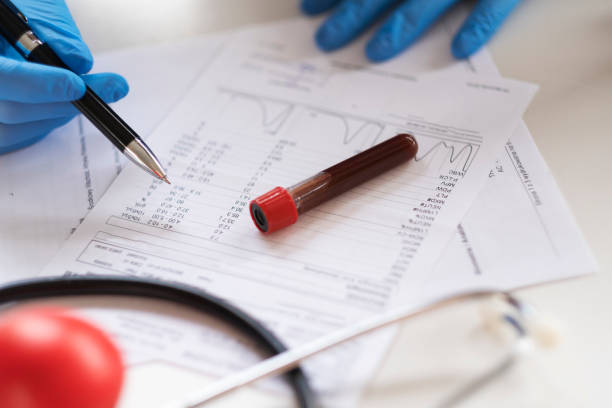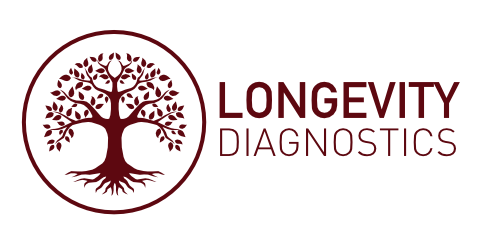Lifestyle encompasses how you live, what you eat, how you move, and how you cope with life’s challenges. Longevity Diagnostics will guide and support you by providing health assessments and coaching for lifestyle modification.
Our lifestyle modification strategies focus on the following pillars of healthy longevity:
- Nutrition
- Physical Activity
- Sleep
- Stress Management
Other factors that are important include:
- Social Connections
- Routine Health Screenings

Nutrition
The way you eat influences your longevity more than anything else. No one diet or calorie level has been identified as the ideal eating strategy for a healthy, long life. Plant-based, not necessarily vegetarian, best describes the diets of long-lived populations. Lower calorie diets also promote longevity.
 At Longevity Diagnostics, we encourage two eating patterns with overlapping qualities. Both have been proven through scientifically designed research to benefit cardiovascular health, cognition, and longevity.
At Longevity Diagnostics, we encourage two eating patterns with overlapping qualities. Both have been proven through scientifically designed research to benefit cardiovascular health, cognition, and longevity.
The DASH diet focuses on less-processed, low saturated fat, low sodium and high fiber foods. It features vegetables, fruits, whole grains, fish, poultry, beans, nuts, seeds, vegetable oils and low-fat or non-fat dairy, including milk. Fatty meats, full fat dairy (cheeses or milk), sweets, added sugars and salty foods are to be limited.
The Mediterranean diet emphasizes minimally processed whole foods and primarily plant foods. Key features are vegetables, fruit, whole grains, lean proteins (especially seafood) and healthy fats such as olive oil, nuts, seeds, olives and avocado. Yogurt and cheese are included instead of milk. Herbs and spices take the place of salt in adding flavor. Red meats and sweets are eaten for special occasions.
Physical Activity
Aim to sit less and move more. People who are routinely physically active have lower risk of death from all causes.
 Even modest amounts of physical activity are associated with healthy aging. Sitting for prolonged periods puts you at risk for degenerative diseases and, therefore, a shorter lifespan that includes disability.
Even modest amounts of physical activity are associated with healthy aging. Sitting for prolonged periods puts you at risk for degenerative diseases and, therefore, a shorter lifespan that includes disability.
Individuals of the longest-lived populations do not typically belong to gyms or attend physical activity classes like spin cycling or aerobics. While those types of activities are beneficial, they are not required to reap the benefits of a long healthy and strong lifespan.
Routine physical activities as part of daily living such as participating in a sport you enjoy, gardening, walking, running errands by foot, bicycling, tending to your home and yard can be enough to keep you fit and strong as you age.
Sleep
Optimizing sleep is crucial to a long healthy lifespan. Getting 7-8 hours nightly can make a huge difference. Sleep is when your body recovers and rebuilds from the stressors of daily life. It’s when your memories are processed and stored by your brain.
Sleep is when your body recovers and rebuilds from the stressors of daily life. It’s when your memories are processed and stored by your brain.
In other words, sleep is restorative for your physical and mental health.
Repetitive loss of sleep in both quantity and quality can lead to negative effects on your metabolism, energy, decision making and problem solving.
Sleep resets your body and brain and increases your chance for healthy longevity.
Stress Management
Some stress is good because it motivates you to get things done, to get to work on time, to fulfill your promises to others, etc. However, there is a difference between this type of normal stress and that of  chronic stress due to a life lived in the fast lane.
chronic stress due to a life lived in the fast lane.
We get "stressed out" when we get into a position where we try to accomplish more than is reasonable in a day or a week or a year. Workloads are often overwhelming, daily commutes are irritating, and there never seem to be enough hours in the day to get things done.
Ongoing, unmanaged stress can lead to high blood pressure, weight gain, metabolic disturbances, and gastrointestinal distress, among many other conditions. Chronic stress accelerates aging.
Social Connections
The longest-lived populations characteristically have strong connections with others such as regular engagement with friends and family. Social connections enhance psychological well-being and promote life satisfaction and optimism. Such positive emotions are associated with a lower risk for heart disease and stroke.
Social connections enhance psychological well-being and promote life satisfaction and optimism. Such positive emotions are associated with a lower risk for heart disease and stroke.
Regular Health Screenings
Regular blood testing and physical examinations help to promote longevity. They uncover treatable health risks.  As we age, health conditions like cardiovascular disease, cancer, cognitive decline, diabetes, and other chronic diseases can become a personal reality. Early detection and treatment can extend years of life through managing or controlling any identified risk with medical and/or lifestyle interventions.
As we age, health conditions like cardiovascular disease, cancer, cognitive decline, diabetes, and other chronic diseases can become a personal reality. Early detection and treatment can extend years of life through managing or controlling any identified risk with medical and/or lifestyle interventions.
